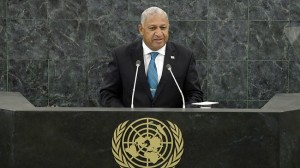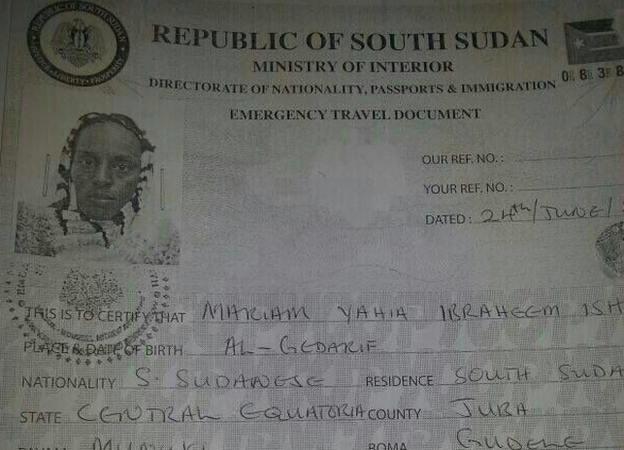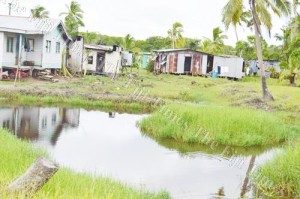By Kyle Herda
Impunity Watch Reporter, Europe
WASHINGTON, D.C., United States – The U.S. Senate Foreign Relations Committee approved a new Global Magnitsky Bill (S. 1933) that strengthens and expands an earlier legislation targeting Russia.

In December 2012, the Magnitsky Act passed, allowing targeting of individuals in Russia who were related to the case of Sergei Magnitsky. Mr. Magnitsky was a Russian lawyer working for the Hermitage Fund who investigated into and testified against top police officials in Russia for embezzling $230 million in taxes. Mr. Magnitsky was later arrested and sent to prison without trial, and he died nearly a year into his time in prison due to poor health in questionable circumstances.
A few months after passing the Magnitsky Act, 18 names were released in connection with Mr. Magnitsky’s death. On May 20, 2014, the US Treasury Department sanctioned another 12 Russian individuals pursuant to the Act due to their involvement in the detention, abuse or death of Mr. Magnitsky.
On June 24, 2014, the U.S. Senate Foreign Relations Committee voted to globally expand the provisions of the Russia-centered Act. The new bill, the Global Magnitsky Human Rights Accountability Act, would bar human rights violators from all around the world from entering into the United States. Further, it would prohibit these violators from using U.S. financial institutions. U.S. Senators Ben Cardin (Democrat-Maryland) and John McCain (Republican-Arizona) drafted the bill.
Now that the bill has passed the Senate Foreign Relations Committee vote, it will go to the Senate floor to be voted on. Should it pass that vote, the House of Representatives will hold a vote on the bill. Finally, the bill would go to President Obama to sign before enactment.
This bill, if enacted, would be another weapon for the United States in the fight against human rights violations, but now expanded globally rather than just for the narrow issue concerning the Magnitsky death. This global expansion could also have a profound effect on Russia, as Russia already has 30 names on the list solely from the Magnitsky death. This increased financial pressure on Russia could prove to be an effective tool in negotiations between Russia and the United States or even Europe. Given the problems in Ukraine and disputes between Russia and the West, this bill would serve to further increase pressure on Russia to cooperate and negotiate with the West to come to peace along the eastern European border.
For more information, please see:
EU Reporter – Global Magnitsky human rights and anti-corruption bill approved by US Senate Foreign Relations Committee 1 July 2014
Radio Free Europe Radio Liberty – Global Version Of Magnitsky Act Adopted In Senate Committee 24 June 2014
Lexology – US sanctions 12 Russian individuals under Magnitsky Act 30 May 2014
The Washington Post – The man behind the Magnitsky Act explains why now is the time to go after the Russian elite’s assets 3 March 2014



